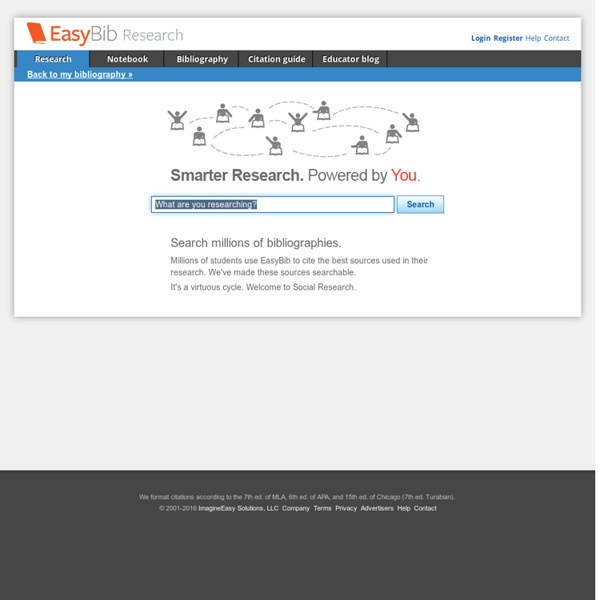



Mayan hieroglyphic writing Mayan hieroglyphic writing, system of writing used by the Maya people of Mesoamerica until about the end of the 17th century, 200 years after the Spanish conquest of Mexico. (With the 21st-century discovery of the Mayan site of San Bartolo in Guatemala came evidence of Mayan writing that pushed back its date of origin to at least 300 or 200 bc.) It was the only true writing system developed in the pre-Columbian Americas. Mayan inscriptions are found on stelae (standing stone slabs), stone lintels, sculpture, and pottery, as well as on the few surviving Mayan books, or codices. Until the mid-20th century, very little Mayan writing could be deciphered except for the symbols representing numbers, dates, and rulers’ names and denoting such events as birth, death, and capture. During the 1950s the linguist Yury Knorozov demonstrated that Mayan writing was phonetic as well as hieroglyphic.
ScienceOpen QR Code Generator - create QR Codes online [business card, t-shirt, mug, 2D barcode, generate QR-Code] - goQR.me HISTORY OF THE MAYA The Maya then and now: from 1500 BC The Maya, occupying the triangle of land framed by the Gulf of Mexico, the Caribbean Sea and the Pacific Ocean, have the longest identifiable history of any American people. Social customs, language and physical characteristics (such as unusually round heads) suggest an unbroken link between the American Indians living in the region today and their predecessors 3500 years ago. Since much of the area is jungle (which preserves monuments for the archaeologists by concealing them from others), their culture is also better known than most. Maya temples, carvings and inscriptions have survived in considerable number. The first American script: 2nd c. Of the various early civilizations of central America, the Maya make the greatest use of writing. Credit for this should possibly go back as far as the Olmecs. The Mayan script is hieroglyphic with some phonetic elements. The Mayan periods: 1500 BC -1542 The Spanish bring the Post-Classic age to an abrupt end.
Sweet Search Unearthing the Mayan Creation Myth Archaeologists who have uncovered two massive carved stucco panels in the Mirador Basin of Guatemala’s northern rain forest say they are the earliest known representation of the Mayan creation myth, predating other such artifacts by a millennium. According to the researchers, the panels—26 feet long and 20 feet high, with images of monsters, gods, and swimming heroes—date to 300 B.C. They formed the sides of a channel that carried rainwater into a complex system of stepped pools, where it was stored for drinking and agriculture. Idaho State University archaeologist Richard Hansen, who is directing the ongoing excavation, says that the panels’ carved images depict an important scene from the Popol Vuh, a text of the Mayan myth that was first recorded in the 16th century. Some historians dismiss the Popol Vuh as a contaminated document, containing not only ancient Mayan mythology but also contemporary Spanish Catholic influences.
6 of The Best Web Tools for Organizing and Managing Citations, References and Bibliographies April 1, 2015 One of the onerous parts in essay and academic writing is the bibliography section. Managing, organizing and citing references can sometimes be a real challenge especially if you don't keep track of what and who you cite. The last thing you would want after a strenuous writing task is a messy bibliography with one reference missing page numbers the other needs publication date or, worse of all, having to go back to your sources to check for the source of that quotation you included in your conclusion. If you find yourself constantly grappling with problems such as these, the web tools below are absolutely something you might need to consider. These are some of the best applications for organizing, managing, and publishing bibliographies, citations and references. 1- Zotero "Zotero collects all your research in a single, searchable interface. EndNote gives you the tools you need for searching, organizing and sharing your research. 5- EasyBib
Twijector - real-time twitter wall (back channel) for conferences and events | Twitter broadcasting | Twitter wall Maya numerals Maya numerals Numbers above 19[edit] Numbers after 19 were written vertically in powers of twenty. Other than the bar and dot notation, Maya numerals can be illustrated by face type glyphs or pictures. Addition and subtraction: Adding and subtracting numbers below 20 using Maya numerals is very simple.[2]Addition is performed by combining the numeric symbols at each level: If five or more dots result from the combination, five dots are removed and replaced by a bar. Similarly with subtraction, remove the elements of the subtrahend symbol from the minuend symbol: If there are not enough dots in a minuend position, a bar is replaced by five dots. Zero[edit] The Maya/Mesoamerican Long Count calendar required the use of zero as a place-holder within its vigesimal positional numeral system. -- was used as a zero symbol for these Long Count dates, the earliest of which (on Stela 2 at Chiapa de Corzo, Chiapas) has a date of 36 BC.[3] In the calendar[edit] Notes[edit] References[edit]
Google Scholar
EasyBib is an intuitive information literacy platform that provides citation, note taking, and research tools that are easy-to-use and educational.
EasyBib is not only accurate, fast, and comprehensive, but helps educators teach and students learn how to become effective and organized researchers.
EasyBib is a service of Imagine Easy Solutions, a tiny company that makes big products. Learn more about us here. by mshaddd Feb 17